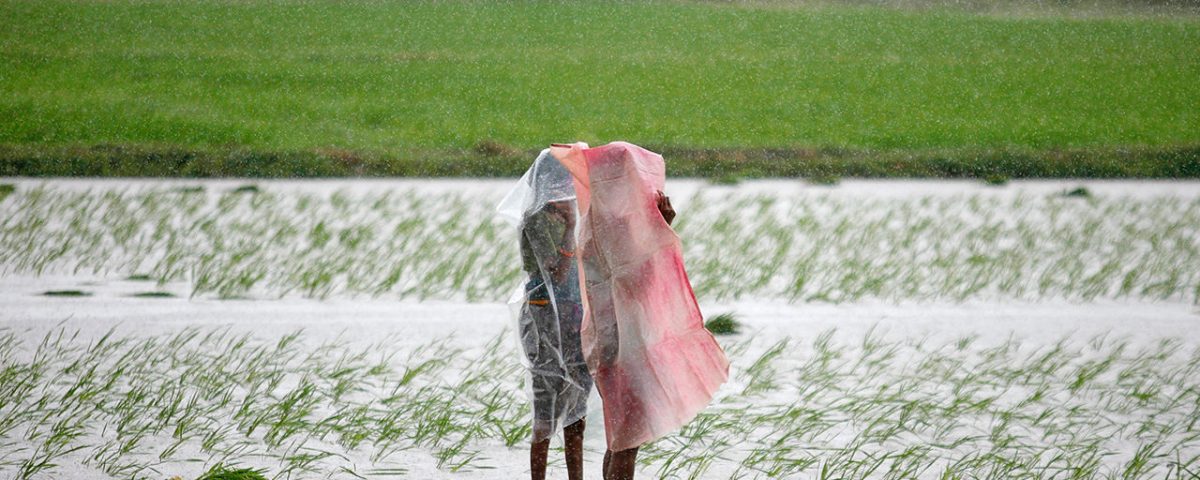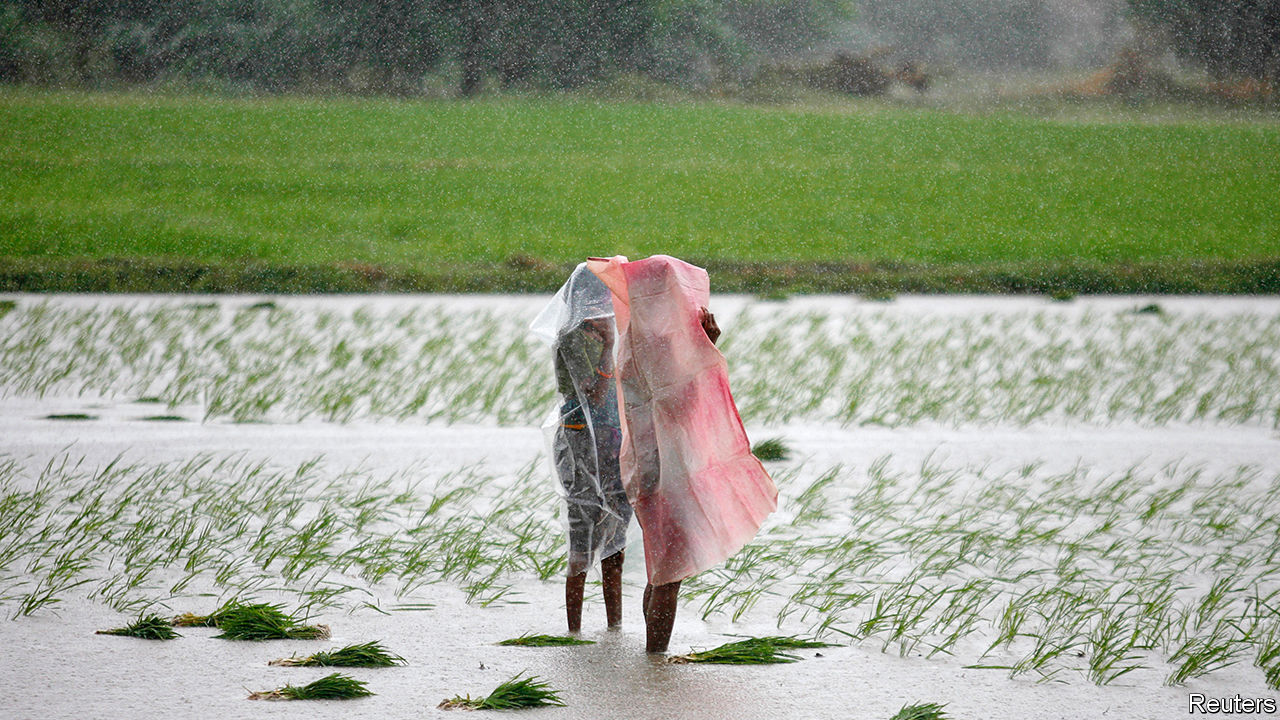ACID rain damages crops. In particular, it damages rice, because many rice-growing countries, which are predominantly in Asia, do not have in place the pollution-control mechanisms that are now routine in the wheat-growing continents of Europe and North America. A rice crop soaked by acid rain can be saved if it is rinsed with clean water. But it is not always obvious when that needs doing, for rainfall varies in its acidity and is not always acidic enough to cause harm.
What is needed is a cheap and reliable way of finding out whether a particular set of plants have actually been stressed by a fall of acid rain. And Wang Xin of Nankai University, in Tianjin, China, thinks he has one. It relies on the reaction of soil bacteria to molecules secreted by plant roots.
Dr Wang knew from the botanical literature that most plants secrete from their roots a mixture of carbohydrates, amino acids and fatty acids that are food for microbes. He also knew, from…Continue reading
Science and technology







